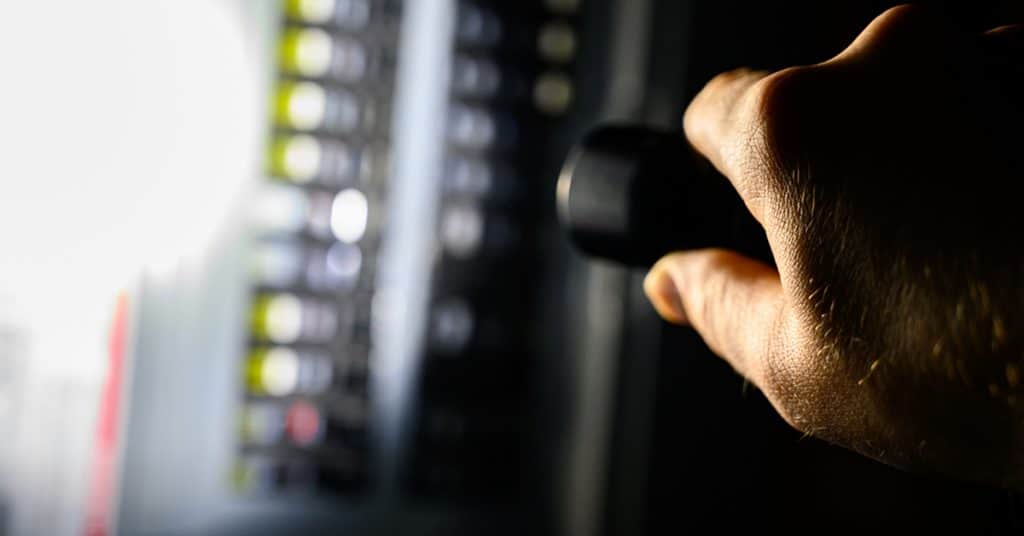Brownout vs. Blackout: What’s the Difference? - NEC Coop
Mar 24, 2021 — Electric Tips at Home, News, Resources

We have all heard of blackouts, and you might have used this term or experienced it at one point. But have you ever experienced a brownout? Brownout vs. blackout – what term should you use?
Your electric utility company is always working hard to ensure that the electrical grid is in good working order and that their electric production meets the demands of the community. However, there are certain unexpected (and uncontrollable) events like sudden spikes in demand or severe weather that can cause service interruption.
Let’s take a closer look at blackouts and brownouts to see why they are used, and what makes each one different.
Blackouts
A blackout happens when there’s an unexpected total loss of power. This can last for a few minutes, hours, or even days, depending on the cause.
There are several things that cause blackouts to occur. Here are some of the most common reasons:
- Damaged transformers or electric lines
- A peak in power demand, pushing the grid past its limit
- Lightning that strikes poles, disrupting the electrical flow
- Disturbed underground power lines
- Ice build-up on power lines
- Fallen tree branches on power lines
A blackout is a rare occurrence, even during the summer when the electricity demand is at its peak.
Brownouts
The biggest distinction between brownouts and blackouts is that brownouts are partial outages while blackouts are a complete shutdown of electricity. During a brownout, the system capacity is reduced and the voltage is typically reduced by at least 10 to 25 percent.
Unlike blackouts that are caused by unexpected occurrences, brownouts are done on purpose by the utility company. They are planned in advance to avoid a blackout happening in the future. Utility companies anticipate when there could be a sudden rise in demand that would overload the grid and make the electricity temporarily unavailable by mitigating power use.
Lastly, brownouts are short-term. The utility company knows when it starts and ends.
Who should you call?
In the event of a blackout, report the outage to your local utility and ask about the restoration of service.
During a brownout, ensure that your electronics are safe, then check with your utility company to confirm whether or not the issue is coming from your grid. If all is normal, the conditions may be isolated in your home. It’s time to call an electrician for emergency service.
It would be also good to check with your utility company to see if they offer blackout or brownout alerts through email or text. This way, you will be alerted and informed if there are any electrical system changes in your area.
Both are rare occurrences, but it’s best to understand the difference between brownouts vs. blackouts to minimize potential damage to your electronics and the inconvenience it could mean for you and your family.

